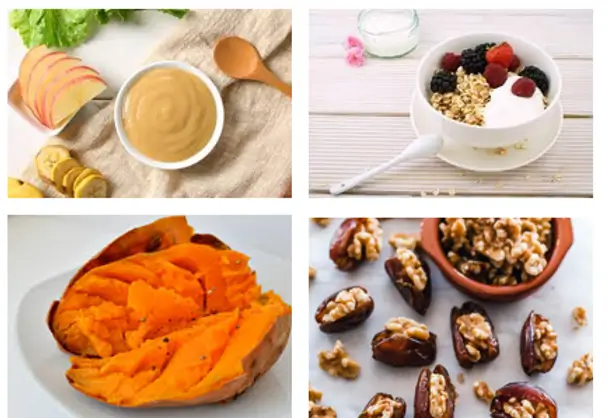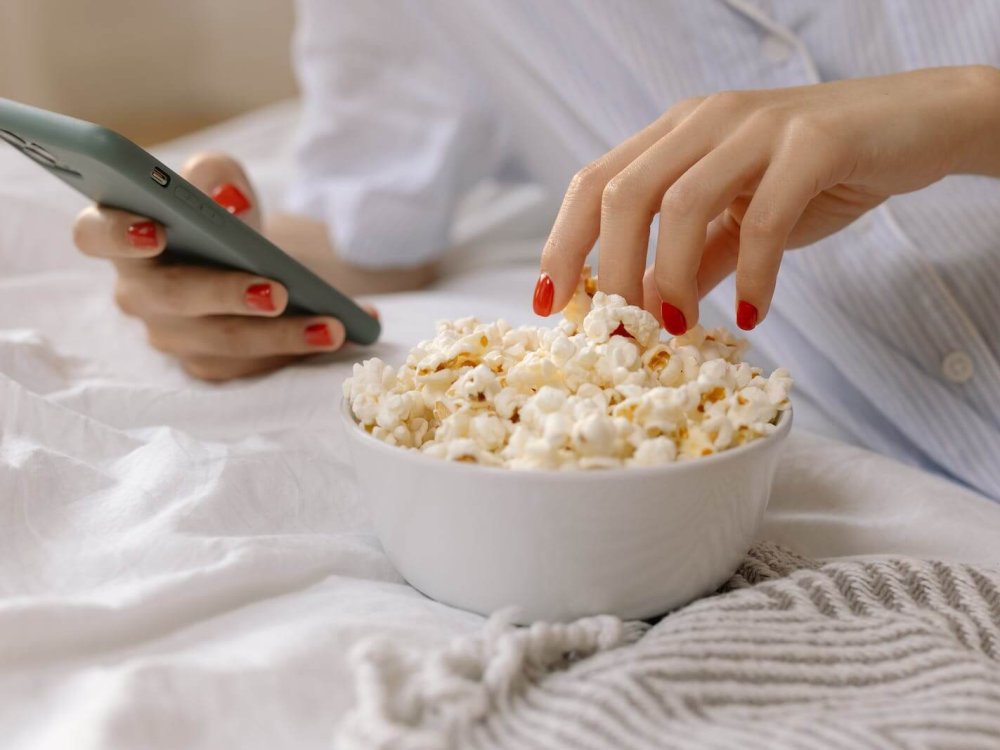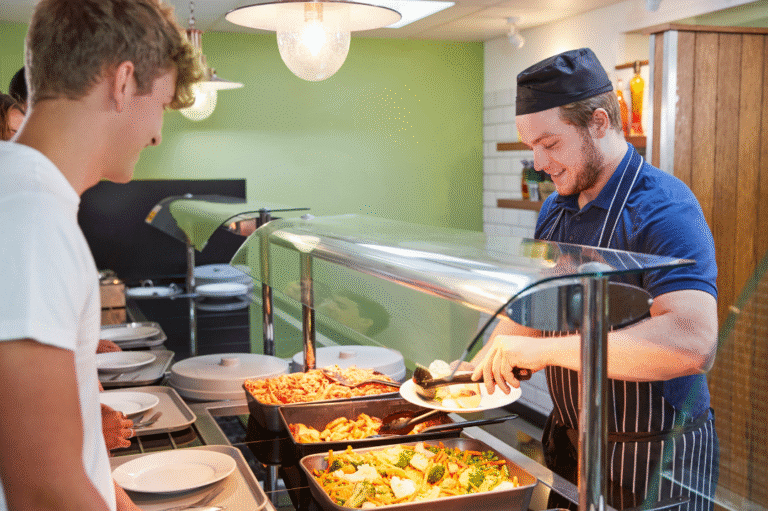With the recent change in daily routines for many of us and with more time currently being spent at home, you may find that you are snacking more. Snacks can be useful in topping up energy levels and providing essential nutrients. This article provides tips on healthy snacking that may be useful when at home.
First of all, is snacking a healthy habit?
Yes, snacking can form part of a healthy balanced diet. Any link between snacks and body weight is likely to depend on the type and quantity of foods we regularly snack on.
Including healthy snacks such as fruits, vegetables or yogurts in addition to healthy and balanced meals can help contribute nutrients such as fibre, vitamins and minerals throughout the day. Snacks can help you meet the 5-a-day fruit and veg target, maintain blood-sugar levels and control hunger in-between meals.
What are healthy snacks?
The key tips for healthy snacking are to think about what foods? how much? and how often? In other words:
- the type of foods you are eating (What foods?)
- the portion size (How much?)
- and how often you are snaking (How often?)
Aim to include snacks that contain protein and plant foods, and limit snacks that are high in saturated fat, sugars and salt. Public Health England’s ONE YOU campaign encourage us to aim for two snacks per day of around 100 to 200 calories (kcal) each to add up to maximum 400 kcal per day including your drinks. In other words, this would be around 20% of your daily energy intake from snacks for a moderately active person. If you are aiming to lose weight, the advice would be to lower this figure.
Here are some examples for sweet and savoury healthy snacks that you could try out.
Sweet snack examples
Sliced apples dipped in nut butter: When a whole apple is not enough, add a drizzle of nut butter to sliced apple (or a pear). The nut butter is rich in healthy fats and fibre.
Greek yogurt with fruits (e.g. berries, banana or apples) and/or a handful of nuts: Greek yogurt is packed with nutrients such as protein, calcium, iodine and vitamins B2 and B12. It also contains probiotics which are beneficial for gut health and supporting our immune system.
Baked sweet potato slices: Bake the whole sweet potato in the oven over 180 degree C for 10-15 mins until tender. Then peel the outer layer, cut it into slices and enjoy the sweetness. Sweet potato is packed with fibre and contains a range of vitamins and minerals including calcium, selenium, most of the B-vitamins, vitamin C and beta-carotene, which the body can convert to vitamin A.
Black bean brownies: These may not sound that appealing, but they do make a lovely fudgy textured brownie (without the bean-flavour) and provide lots of fibre and protein, so should satisfy your appetite.
Almond butter stuffed dates: Dates are packed with nutrients, although they are also energy dense, so 2 or 3 stuffed dates make a great snack.

Savoury snack examples
Chopped vegetable slices e.g. peppers, carrots, celery and/or broccoli dipped in lower fat hummus or beetroot dip: Hummus is packed with plant-based protein, fibre and contains the minerals iron and zinc. Beetroots also provide fibre and essential nutrients such as folate.
Cauliflower and courgette fritters with mint and feta dip: Cauliflower may help in weight loss as it is low in calories, yet, it is rich in fibre and packed with vitamins and antioxidants.
Lettuce tuna/ smoked salmon wrap with chopped tomato and/or hummus: A snack with a great combination of protein and vegetables to satisfy hungry and provide a range of beneficial nutrients.
Bean/salmon/avocado and feta spread with veg salad and olives on oatcakes or wholegrain crackers or rice cake: A snack with lots of complex carbohydrates to provide a slow release of energy, protein and some healthy fats.
Here’s some examples for quick healthy snacks to have whilst watching your favourite movie or TV series. You can swap crisps, cakes and chocolate for one of these examples.
- Roasted chickpeas: packed with protein, fibre, vitamins and minerals.
- Lightly salted or paprika seasoned edamame: Great source of high-quality plant protein. It is also rich in fibre, vitamins and antioxidants.
- Lightly salted popcorn: You can make your own popcorn by putting some popcorn kernels in a brown paper bag (folding the top over to seal) and cook in a microwave on high for a few minutes or until the popping slows. You can flavour it with runny honey, a dusting of icing sugar, or some cinnamon for sweet popcorn, or grated Parmesan cheese and chopped chives or paprika and lime for a savoury flavour.
- Dark chocolate cube, plain nuts and dried fruits: Packed with healthy fats and fibre in nuts and dried fruits and beneficial antioxidants in dark chocolate.
- Baked veggie crisps: Cut any veg. of your choice into thin slices to a baking tray and spray olive oil and paprika or cumin spices. Bake it on 180° for 30-45 mins until crispy. Be mindful with the portion size and aim to flavour it with spices and herbs rather than salt.
Thanks to Nourhan Barakat for preparing this blog post. Nourhan recently graduated from London Metropolitan University with a Master’s degree in Human Nutrition (Public Health) with distinction. Find her on Twitter @Nutrition4l1fe





